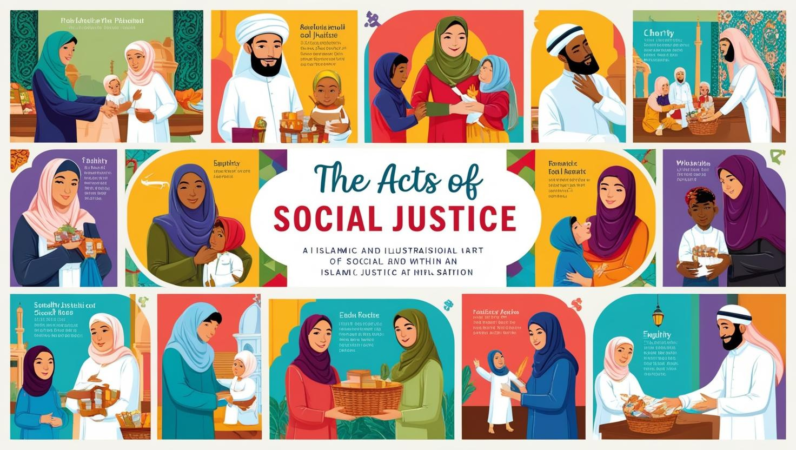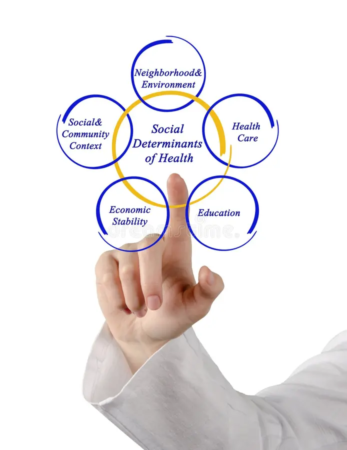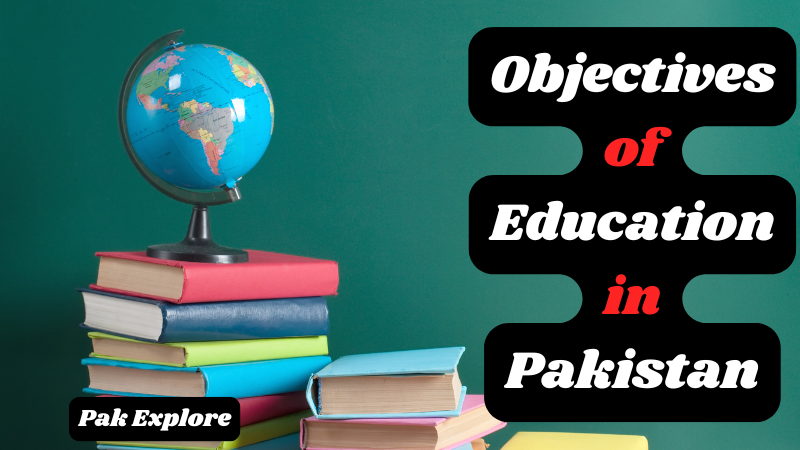Objectives of Education in Pakistan
Introduction
The objectives of education in Pakistan are diverse and important, related to social, economic, cultural, and political aspects. Education is the main pillar of any nation’s development, and in a developing country like Pakistan these objectives become more important. In this article, we will take a detailed look at the various objectives of education in Pakistan, and try to understand their impact.

Table of Contents
Social development
Education plays a significant role in social development. It influences people’s thoughts, behaviors, and values. Through education, individuals are taught moral values, responsibility, and mutual respect. When people are educated, they are more capable of understanding and cooperating with others.

Education also helps individuals gain a better understanding of social issues, motivating them to contribute to societal betterment. One of the key goals of social development is to encourage respect for differences, promote peace, and accept diverse cultures. It fosters a sense of social justice, helping to build a fairer society.
Economic development
Education is essential for economic development. An educated individual has access to better job opportunities, which improves their personal life and contributes to the country’s economic strength. By acquiring various skills, people are able to adapt to modern technology and advanced techniques, leading to increased productivity. This productivity boost supports overall economic growth. For this to happen, both the government and private sector must invest in the system to ensure quality learning opportunities for everyone. A larger skilled workforce helps strengthen the economy and reduces the unemployment rate.
Cultural identity
Considering the diverse cultures of Pakistan, education plays a key role in shaping cultural identity. Educational institutions bring together students from various backgrounds, allowing them to learn about and respect each other’s traditions, languages, and experiences. This process fosters national unity while helping to preserve cultural heritage. Subjects like cultural studies, fine arts, and history keep students connected to their roots and raise awareness about their heritage. In this way, students also develop a global perspective while maintaining their unique identity.
Political consciousness
Education plays a vital role in raising public awareness and making individuals more conscious of their rights and responsibilities. An educated citizen is better equipped to protect their rights and voice their opinions on national matters. This political awareness contributes to strengthening democracy in the country. When people understand the political system’s complexities, they are able to express their views more effectively. Educational institutions provide students with knowledge about the political system, legislation, and government functions, fostering a sense of political awareness that helps in creating active and informed citizens.
Improvement of health
Education helps raise awareness about health. An informed person gains knowledge of basic health concepts, which encourages a healthier lifestyle. Health education aims to inform people about the symptoms, treatment, and prevention of diseases. It also plays a crucial role in enhancing the health of mothers and children. Through this knowledge, individuals learn about the importance of a balanced diet, regular exercise, and other key health practices, leading to a decrease in health issues within the community. Healthy individuals contribute more to society, fostering greater social development.
Gender Equality
Education in Pakistan plays a crucial role in achieving gender equality. Encouraging girls’ learning fosters social change. When girls are educated, they gain the ability to make informed decisions about their lives and contribute to positive changes in their families and communities. It also builds self-confidence in women, empowering them to protect their rights. To close the gender gap, it is essential to provide equal opportunities for girls in schools. This approach helps create a more balanced and developed society, where every individual has the chance to reach their full potential.
Development of technology
Nowadays, technology is becoming increasingly important, and individuals have the opportunity to learn how to utilize modern tools and systems. Educational institutions in Pakistan must adapt to technological advancements so students can meet the needs of today’s world. This shift not only improves students’ skills but is also essential for the nation’s development. Subjects like computer science, engineering, and advanced research prepare students to compete in the global market. With these skills, they generate new ideas, think creatively, and find innovative solutions, all of which contribute to the country’s progress.
Social justice
Education plays a crucial role in promoting social justice. When people have access to basic learning, it helps reduce the class divide. It provides equal opportunities to everyone, paving the way for social progress. This leads to a more just and developed society. Eliminating discrimination in access to learning is key to establishing social justice. As a result, individuals can stand up for their rights and contribute to building a stronger, fairer community.

Global standards
Pakistan’s education system should meet international standards to ensure that students can present their skills on a global stage. To compete globally, it is essential that Pakistan’s institutions equip students with modern teaching methods, updated curricula, and research opportunities. This enables Pakistani students to demonstrate their abilities at international forums. A world-class learning system prepares them to compete in the global market and helps them understand diverse cultures, fostering global connections.
Social stability
Education also promotes social stability. An educated nation finds solutions to its problems better, resulting in a better law and order situation. Thanks to education, people take positive paths instead of extremism and violence, which creates a stable society. Based on education, people acquire the ability to resolve differences through dialogue, which is It helps in maintaining peace in the society. When people are educated, they understand that the solution to every problem lies in communication and mutual understanding.

The result
The objectives of education in Pakistan are not limited to the curriculum but have a wider impact. It is indispensable for social, economic, cultural, and political development. Government and social institutions should try to improve the education system so that every individual can get its benefits. Realizing the importance of education, it is necessary for the development of every individual in the society. In this way, Pakistan can be on the path of development and move towards a bright future. Everyone needs to work together to strengthen the country’s education system.
۔۔۔۔۔۔۔۔۔۔۔۔۔۔۔۔۔۔۔۔۔۔۔۔۔۔۔۔۔۔
You May Also Like:


